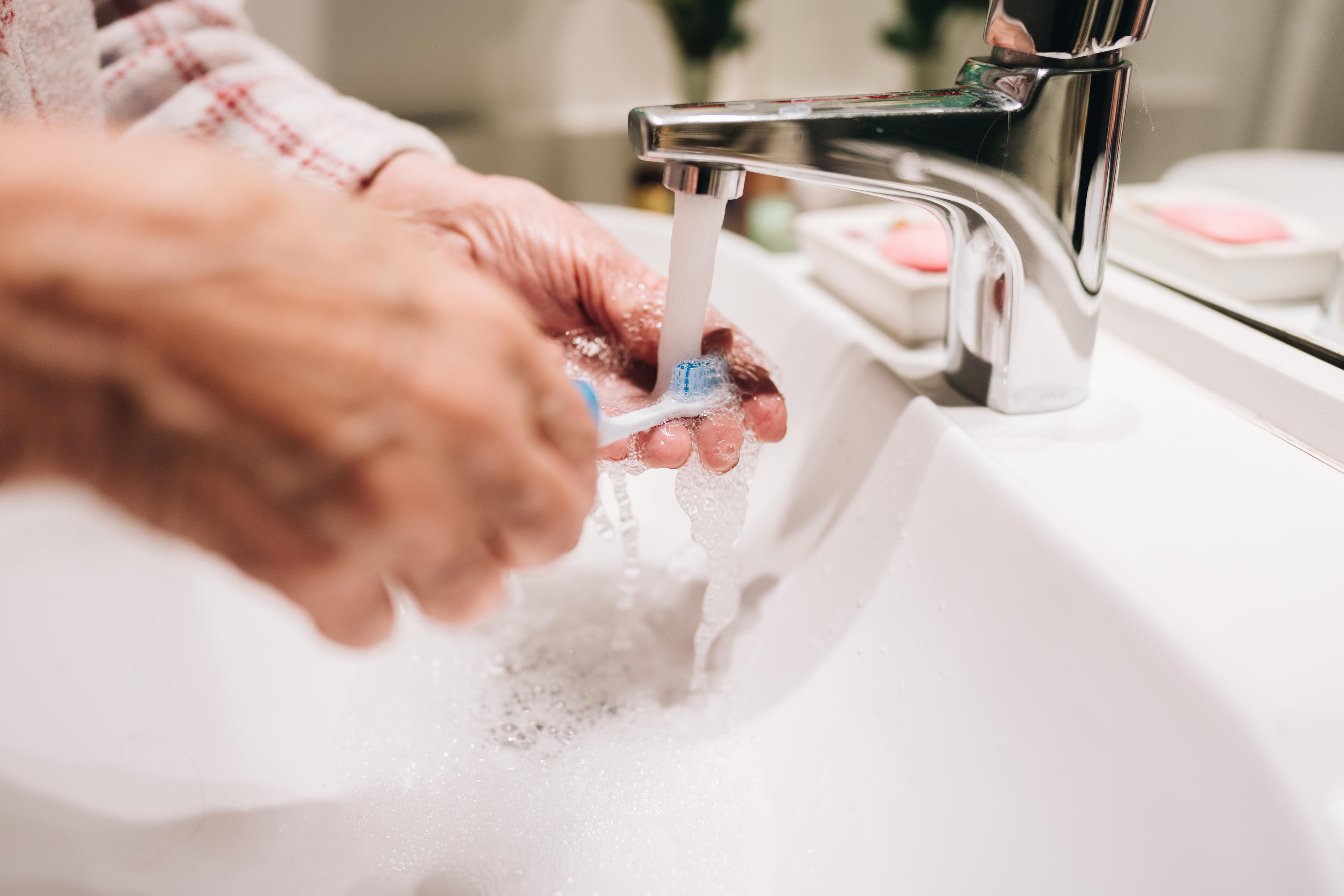Listen up! Everyday noises can hurt your health
2 min read

It’s common knowledge that excessively loud sounds like those found at rock shows or construction zones can damage your hearing, but research is showing that everyday noises might also impact your health and well-being. Sounds from humming radiators and vibrating cell phones often fade into the background of our daily lives, but even low-level noise pollution has been linked to stress-related illnesses, high blood pressure, sleep disruption and more.
Here’s just some of the surprising information we found on how noise pollution impacts your physical, mental and emotional health:
- Everyday noises can affect the rhythm and rate of your heartbeat. German researchers found that when people were exposed to more noise, they had higher heart rates and a shorter interval between heartbeats – something connected to an increased risk for heart attack.
- If you can hear someone talking while you’re reading or writing, your productivity dips by up to 66 percent, according to research that looked at the data linking sound and well-being. Noise in the office has also been linked to increased stress hormone levels, lower willingness to engage with others and poorer short-term memory.
- Noise can disrupt a child’s ability to learn. A classic study on sound levels and learning found that children assigned to a classroom that faced train tracks fell nearly a year behind in their studies compared to children who were on the quiet side of the building.
- Even listening to music can have the same negative side effects as other types of noise pollution. Playing tunes while working or studying can boost your mood and make you more alert, but unfortunately, it impairs your ability to recall information.
So how do you protect yourself against ringing cell phones, humming heaters and the steady din of traffic? First, note how your body responds to the situation. Some people are more sensitive to different noises than others, and what drives you up the wall may not even register to a friend. So if you start to feel anxious, step away to find a quiet spot. If that’s not an option, keep ear plugs or noise-cancelling headphones handy. You might not always be able to escape from noise, but at least you can dull the effects.
Photo credit: Dominic Meily









